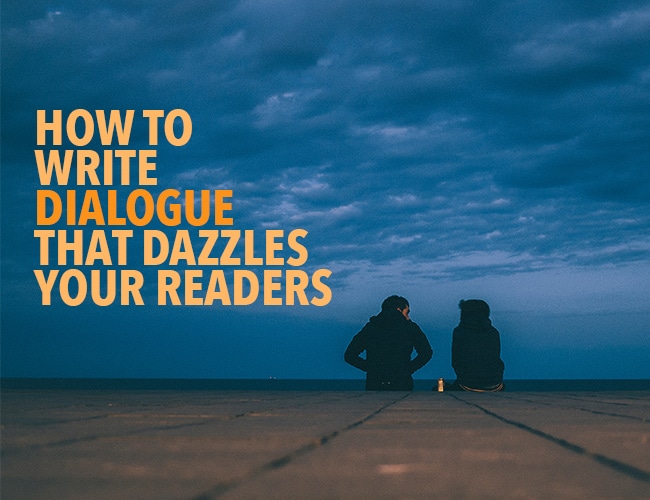
by Joslyn Chase |
According to James Scott Bell, the fastest way to improve any manuscript is by learning to write dazzling dialogue. Nothing grabs and holds reader attention like well-written dialogue, but how do you do it?
There are a lot of pitfalls to watch out for when it comes to using dialogue in your writing. Whether you’ve given this a lot of thought, or none at all, the subject bears exploring. Let’s take a look at six hazards to be wary of, and what you can do about them to make your dialogue more engaging.
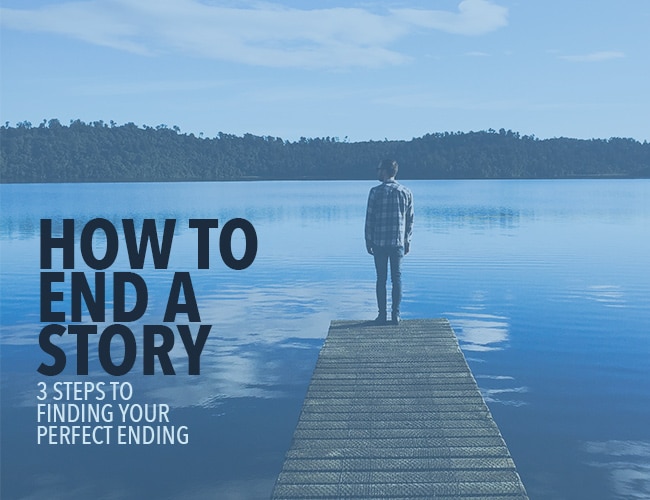
by David Safford |
Let’s be honest: most of the time, we have no clue how our stories will end. Perhaps there’s a general idea or sense of the finale in our minds, yet when we sit down to write the conclusion the words don’t come. We’re stuck. We don’t know how to find our story’s ending.
Despite all the troubles with writing the final moments of your story, it is possible to conquer this particular writing obstacle and learn how to find your story’s ending!
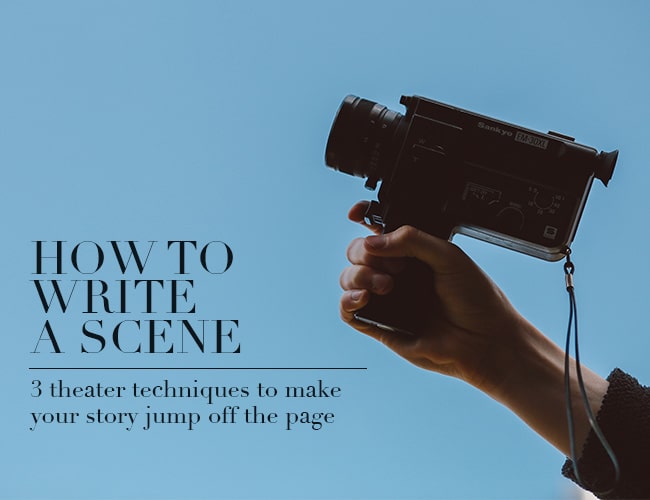
by Guest Blogger |
It’s time to write that scene. You know, the one you’ve been avoiding. You’ve sketched out your character and the scene’s objective, but how do you get your character from point A to point B? What exact words should he use? What specific actions should she take to accomplish her scene goal?
If you’ve ever faced that blank page with these questions in mind, you’ll be pleased to learn about three techniques, borrowed from the actor’s playbook, that will boost your writing and make your story shine. Let’s take a look at how to write a scene with the mindset of an actor.
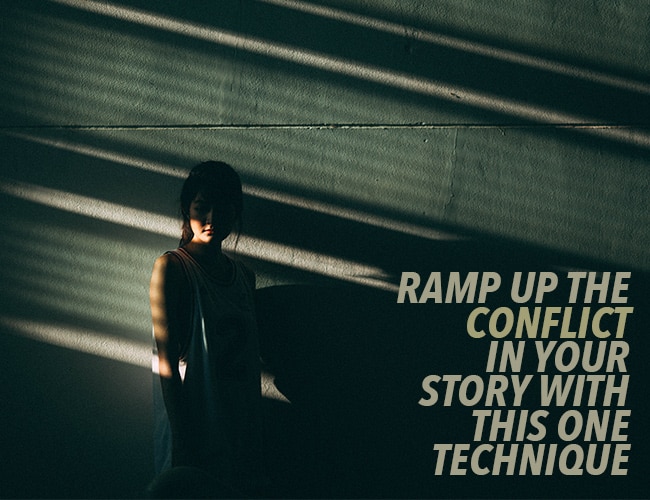
by The Magic Violinist |
Recently when I looked over the first draft of my latest novel in order to buckle down and start editing, I noticed that there were a lot of sections that bored me. My mind started to wander and I couldn’t figure out why. Looking more closely, I found the answer: I was playing it too safe. In order to ramp up the tension in excitement, I had to master this one technique; I had to get uncomfortable.
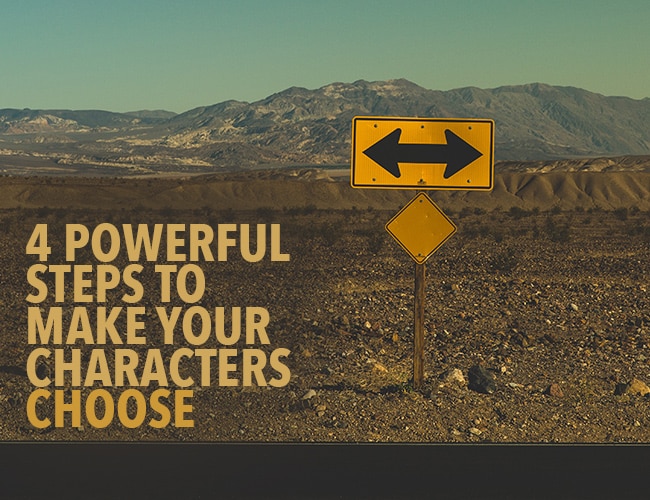
by David Safford |
What if there was one thing you could change about your writing that could almost instantly make it better?
There is! There is a storytelling element that I’ve seen as an entrant and judge of multiple fiction contests that makes stories work and win, standing out above the rest.
And that single, difference-making element is a Powerful Choice.
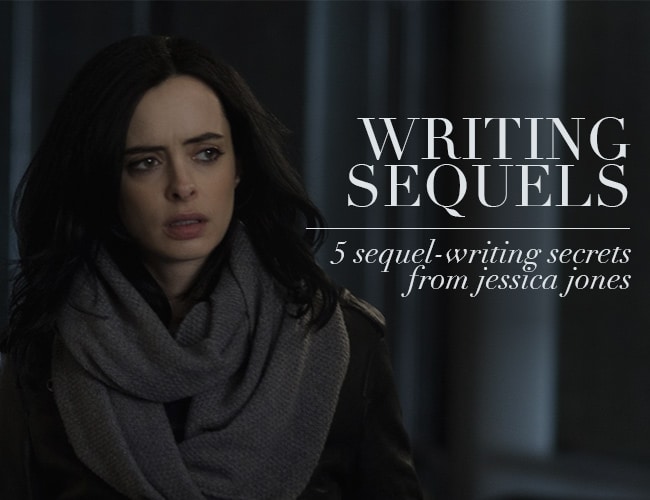
by Jeff Elkins |
Writing sequels is difficult. The Marvel Cinematic Universe currently consists of nineteen feature films, four network television weekly TV shows, and eight online streaming shows. Writing sequels to a genre-stretching side story that exists in a massive universe beloved by fans must be near impossible.
This weekend Jessica Jones season two dropped on Netflix. Whether you enjoy the show or not, there is a lot it can teach us about storytelling.








